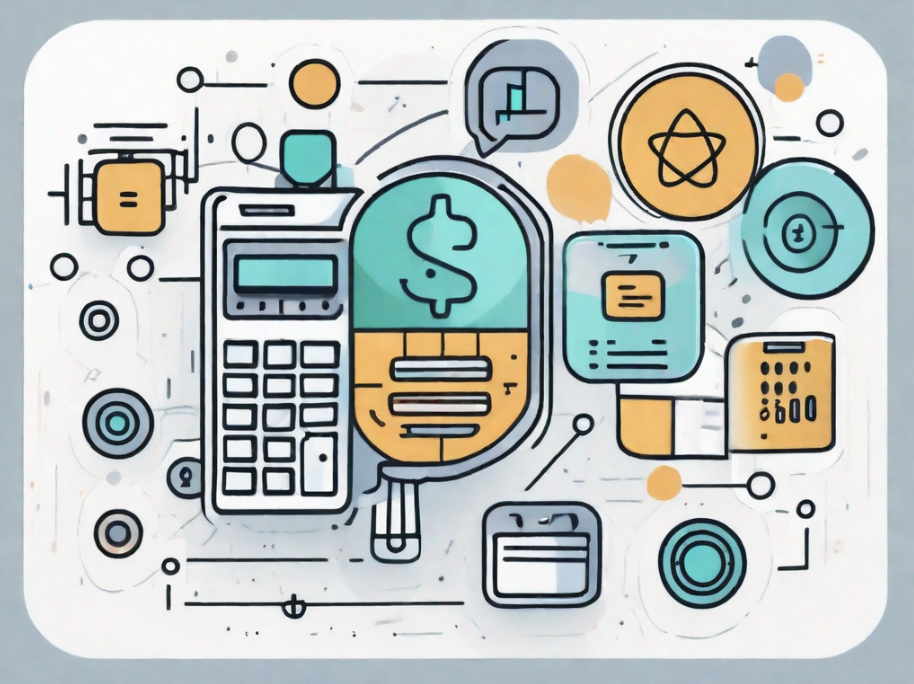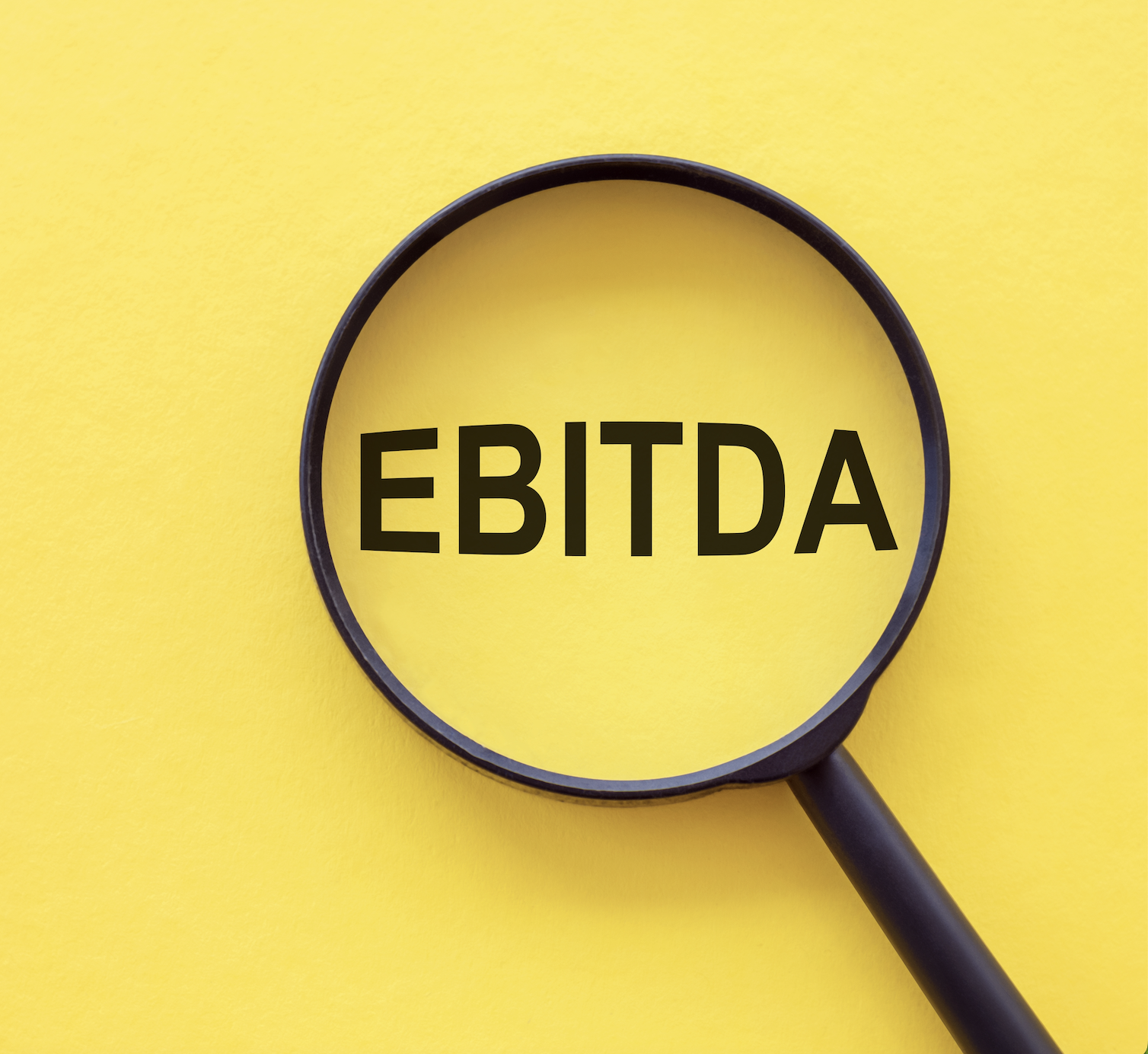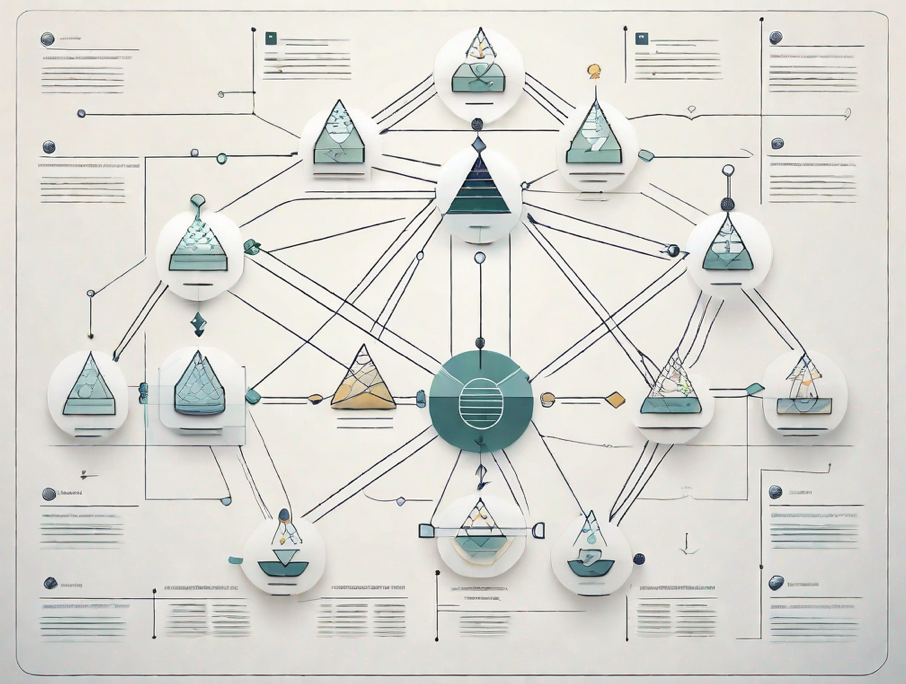Can chat GPT do Bookkeeping?
Discover the untapped potential of Chat GPT in the realm of bookkeeping.

In recent years, artificial intelligence (AI) and machine learning have made significant advancements in various industries. One area where AI has gained attention is bookkeeping, a crucial aspect of managing finances for businesses. With the rise of chatbots and natural language processing, the question arises: Chat GPT is an AI model by OpenAI that uses deep learning to create human-like text responses during chats. In this article, we will explore the potential of chat GPT for bookkeeping and analyze its pros and cons.

Exploring the Potential of Chat GPT for Bookkeeping
Chat GPT, developed by OpenAI, is an AI model that uses deep learning techniques to generate human-like text responses through chat interactions. Its ability to understand and respond to natural language queries has sparked interest in its application to bookkeeping.
Bookkeeping is an essential aspect of any business, involving the recording, organizing, and analysis of financial transactions. Traditionally, bookkeeping tasks have been performed manually, requiring significant time and effort. However, with the advent of technology, there is a growing interest in automating these processes to improve efficiency and accuracy.
By leveraging chat GPT’s capabilities, businesses could potentially automate various bookkeeping tasks, such as data entry and financial analysis. Imagine a scenario where a user interacts with a chat GPT system, asking questions about their financial records, tax liabilities, or expense categorization.
The chat GPT system, equipped with its deep learning algorithms, could generate real-time responses, providing insights and recommendations. The chat GPT system can analyze a user’s financial data and provide accurate calculations for their taxes. It takes into account the latest tax rules and deductions.
Moreover, the chat GPT system could assist in expense categorization, a task that often requires meticulous attention to detail. By analyzing the transactional data, the system could automatically assign appropriate categories to each expense, reducing the chances of human error and streamlining the overall bookkeeping process.
Furthermore, the chat GPT system could offer valuable financial analysis. It could identify trends, patterns, and anomalies in the financial data, enabling businesses to make informed decisions. The system can notify the user to investigate issues or fraud if expenses in a specific category increase rapidly.
Implementing chat GPT for bookkeeping could revolutionize the way businesses manage their financial records. It would not only save time and effort but also enhance accuracy and provide valuable insights. However, it is important to note that while chat GPT can automate various bookkeeping tasks, it should not replace the role of human bookkeepers entirely.
Human oversight is crucial to ensure the integrity and reliability of financial data. Bookkeepers play a vital role in verifying and validating the information generated by the chat GPT system, as well as making strategic decisions based on the insights provided.
In conclusion, the potential of chat GPT for bookkeeping is immense. It’s important to find a balance between automation and human oversight for accurate and reliable financial records. However, it is essential to strike a balance between automation and human oversight to ensure the accuracy and integrity of financial records.
While chat GPT offers convenience and the potential for automation in accounting tasks, its limitations in domain-specific knowledge, accuracy, interpretation of financial data, data security, and potential biases in training data must be carefully evaluated. It is important to consider chat GPT as a tool that can assist accountants in their work, but not as a complete replacement for human expertise and judgment.

Is Chat GPT a Viable Accounting Solution?
While chat GPT shows promise, it is essential to evaluate its viability as a standalone accounting solution. One limitation is the lack of domain-specific knowledge embedded within the model. Although chat GPT can provide general financial guidance based on existing data, it may struggle with complex or industry-specific transactions that require in-depth expertise.
For example, in the manufacturing industry, accounting involves tracking inventory, managing cost of goods sold, and calculating depreciation. These tasks require a deep understanding of industry-specific terminology and regulations. Without this knowledge, chat GPT may not be able to accurately handle these complex transactions.
Additionally, bookkeeping involves strict compliance with accounting principles and regulations. The accuracy and reliability of financial records are crucial for audits and financial reporting. It is crucial to consider whether chat GPT can consistently produce accurate results without human intervention.
Moreover, the interpretation of financial data often requires context and judgment. Accountants not only record transactions but also analyze and interpret the information to provide valuable insights to businesses. Chat GPT may not fully grasp financial data’s intricacies, which limits its ability to offer insightful analysis.
Furthermore, data security and privacy are paramount in the accounting profession. Accountants handle sensitive financial information, and it is crucial to ensure that this data is protected. While chat GPT may have security measures in place, the reliance on cloud-based systems and the potential for data breaches raises concerns about the confidentiality of financial information.
Another consideration is the potential for errors and biases in the training data that chat GPT relies on. If the model is trained on data that is incomplete, inaccurate, or biased, it may produce misleading or unreliable results. This could have significant implications for financial decision-making and could potentially lead to legal and financial consequences.
Analyzing the Pros and Cons of Chat GPT for Bookkeeping
Just like any technology, there are pros and cons to using chat GPT for bookkeeping. Let’s delve into some of the advantages and challenges that businesses may face when adopting this technology.
1. Advantages of Using Chat GPT for Bookkeeping
One significant advantage of chat GPT is its potential to enhance efficiency. By automating routine bookkeeping tasks, businesses can free up valuable time and resources. Chat GPT can quickly process large volumes of financial data, identify patterns, and provide valuable insights.
Moreover, chat GPT can be available 24/7, providing real-time responses to users’ bookkeeping queries. Businesses can benefit from instant access to financial information, reducing delays in decision-making processes.
Another advantage of using chat GPT for bookkeeping is its ability to handle complex calculations and analyses. With its advanced algorithms, chat GPT can perform intricate financial calculations with speed and accuracy, ensuring that businesses have precise and reliable data at their disposal.
Additionally, chat GPT can assist in streamlining the bookkeeping process by categorizing expenses, generating reports, and tracking financial trends. This automation can help businesses stay organized and make informed financial decisions.
2. The Benefits of Automating Bookkeeping with Chat GPT
Automating bookkeeping tasks with chat GPT can lead to several benefits. First, it reduces the occurrence of human errors often associated with manual data entry. By minimizing errors, businesses can improve the accuracy of their financial records, ensuring compliance with accounting regulations.
Furthermore, using chat GPT for bookkeeping can save costs by reducing the need for additional human resources. Instead of hiring and training new staff members for bookkeeping tasks, businesses can rely on chat GPT for automation.
Another benefit of automating bookkeeping with chat GPT is the ability to generate comprehensive financial reports with ease. Chat GPT can analyze data from various sources, compile it into meaningful reports, and present it in a visually appealing format. This saves time and effort for businesses, allowing them to focus on strategic decision-making.
Moreover, chat GPT can assist in detecting anomalies or irregularities in financial data. By continuously monitoring transactions and patterns, it can flag potential issues, such as fraudulent activities or discrepancies, enabling businesses to take immediate action and mitigate risks.
Chat GPT can contribute to improved customer service. Businesses can quickly help their customers with financial questions, making sure they are happy and loyal.

Navigating the Challenges of Chat GPT for Bookkeeping
Despite its advantages, businesses must also be aware of the potential challenges that come with implementing chat GPT for bookkeeping.
Understanding the Risks of Relying on Chat GPT for Accounting
One risk associated with chat GPT is its ability to generate misleading or incorrect information. Although chat GPT has undergone extensive training using vast amounts of data, it may not always understand the context or nuances of specific accounting tasks. Businesses must exercise caution when relying solely on chat GPT for critical financial decisions.
For example, imagine a scenario where a company is using chat GPT to determine the tax implications of a complex financial transaction. The model understands many tax rules, but it may not fully grasp the complexities of the company’s specific situation. This lack of contextual understanding could lead to inaccurate tax calculations and potential legal issues for the business.
Additionally, chat GPT’s performance may vary depending on the quality and relevance of the data it is trained on. If the model lacks exposure to diverse financial scenarios, it may struggle to handle complex transactions accurately.
Consider a situation where a company operates in a niche industry with unique accounting practices. If the chat GPT model has primarily been trained on data from more mainstream industries, it may not possess the necessary knowledge to accurately handle the company’s specific accounting requirements. This could result in errors or inefficiencies in the bookkeeping process, potentially leading to financial discrepancies and compliance issues.
Furthermore, chat GPT’s ability to generate responses is heavily reliant on the data it has been exposed to during training. The model’s results may not match current accounting rules or best practices if the training data is incomplete, old, or biased.
Consider a scenario where a company is using chat GPT to generate financial reports for external stakeholders. If the model has been trained on outdated accounting regulations, it may produce reports that do not comply with the latest standards. This could damage the company’s reputation and lead to legal repercussions.
It is important for businesses to thoroughly evaluate the training data used for chat GPT models and ensure that it encompasses a wide range of relevant and up-to-date financial information. Regular updates and audits of the training data can help mitigate the risk of generating inaccurate or misleading outputs.
Evaluating the Usefulness of Chat GPT for Bookkeeping
Despite the challenges, chat GPT can still play a useful role in bookkeeping when implemented strategically. Rather than replacing human accountants, chat GPT can serve as a complementary tool that streamlines routine tasks, allowing professionals to focus on higher-value activities.
Organizations considering the adoption of chat GPT for bookkeeping should carefully evaluate their specific needs and requirements. They should assess the reliability, accuracy, and security of the chat GPT system, ensuring that it aligns with their goals and ethical standards.
When evaluating the usefulness of chat GPT for bookkeeping, it is important to consider the potential benefits it can bring to the table. One of the key advantages is the ability to automate repetitive tasks. By leveraging chat GPT, organizations can streamline processes such as data entry, invoice processing, and expense categorization. This not only saves time but also reduces the chances of human error, leading to more accurate financial records.
Furthermore, chat GPT can enhance the overall efficiency of bookkeeping operations. With its natural language processing capabilities, chat GPT can understand and respond to queries in real-time. Accountants can get quick answers to their questions without having to do research or wait for colleagues to respond. This increased efficiency allows professionals to focus on more strategic and value-added activities, such as financial analysis and decision-making.
However, it is crucial for organizations to carefully evaluate the reliability of chat GPT systems before implementation. While chat GPT has made significant advancements in recent years, it is not infallible. There may still be instances where the system misinterprets queries or provides inaccurate information. Therefore, organizations must thoroughly test the chat GPT system and ensure that it meets their accuracy standards before integrating it into their bookkeeping processes.
Another important consideration is the security of the chat GPT system. Given that bookkeeping involves handling sensitive financial information, organizations must ensure that the chat GPT system adheres to robust security protocols. This includes data encryption, secure user authentication, and regular system updates to protect against potential vulnerabilities. By prioritizing security, organizations can mitigate the risk of data breaches and maintain the confidentiality of their financial records.
Moreover, organizations should also assess the ethical implications of using chat GPT for bookkeeping. As chat GPT systems learn from vast amounts of data, there is a risk of perpetuating biases or unethical practices. Organizations must carefully review the training data used to develop the chat GPT system and ensure that it aligns with their ethical standards. Additionally, they should monitor the system’s outputs and intervene if any biases or unethical behavior are detected.
While chat GPT can be a valuable tool for bookkeeping, organizations must evaluate its usefulness in the context of their specific needs and requirements. By considering factors such as reliability, accuracy, security, and ethics, organizations can make informed decisions about integrating chat GPT into their bookkeeping processes. Chat GPT can improve bookkeeping by making it more efficient and accurate, allowing professionals to concentrate on more important tasks.

CONCLUSION
While chat GPT shows promise in revolutionizing bookkeeping processes, it is crucial to approach its implementation with caution. The potential efficiency gains and cost savings must be balanced with the need for accuracy and compliance. As technology continues to evolve, businesses need to stay informed about the capabilities and limitations of chat GPT, ensuring that they make informed decisions about its integration into their bookkeeping practices.
Ultimately, chat GPT has the potential to transform bookkeeping, but it should be regarded as a tool to enhance human expertise rather than a replacement for skilled accountants.
It All Starts With a FREE consultation!
Every client’s needs are unique and require varying amounts of time and attention. You can use this form to let us know what you’re looking for, and we’ll reach out to you to schedule an appointment and talk about rates for your business needs.
Please be as detailed as possible with what work is needed, what industry your business is in, and where you are located.
Our team will contact you with in 2 business days to set up the first meeting. We will make sure all your needs are taken into account when selecting the package and type of services you need.






Stay In Touch